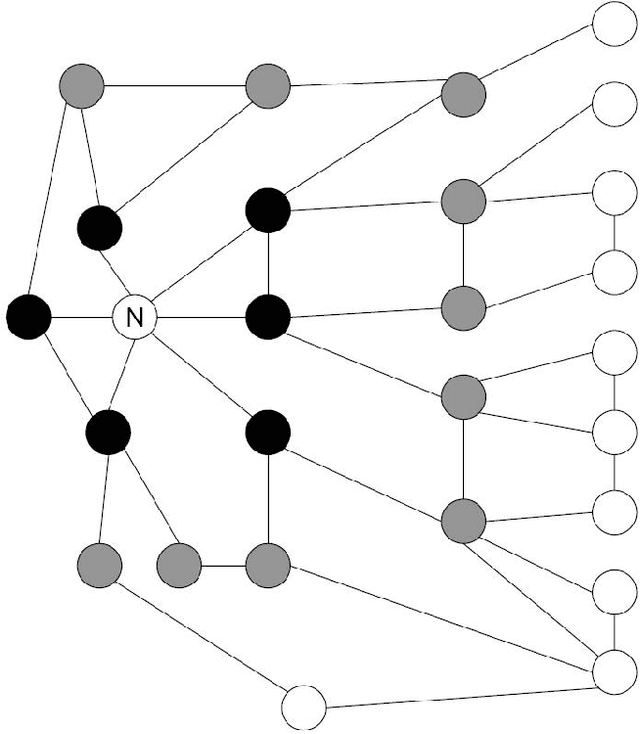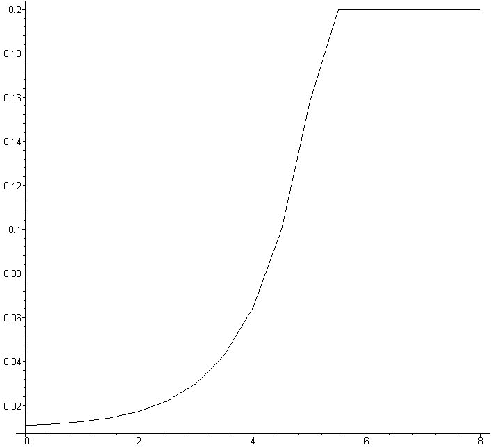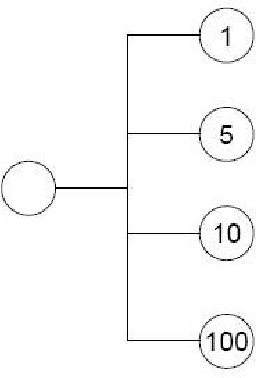Distributed Self Management for Distributed Security Systems
Paper and Code
May 13, 2008


Distributed system as e.g. artificial immune systems, complex adaptive systems, or multi-agent systems are widely used in Computer Science, e.g. for network security, optimisations, or simulations. In these systems, small entities move through the network and perform certain tasks. At some time, the entities move to another place and require therefore information where to move is most profitable. Common used systems do not provide any information or use a centralised approach where a center delegates the entities. This article discusses whether small information about the neighbours enhances the performance of the overall system or not. Therefore, two information-protocols are introduced and analysed. In addition, the protocols are implemented and tested using the artificial immune system SANA that protects a network against intrusions.
 Add to Chrome
Add to Chrome Add to Firefox
Add to Firefox Add to Edge
Add to Edge